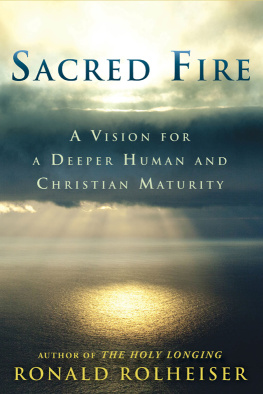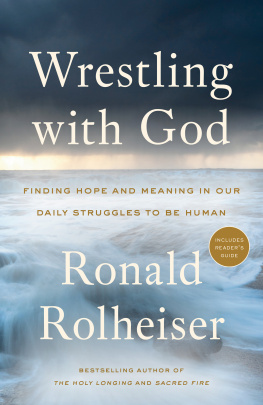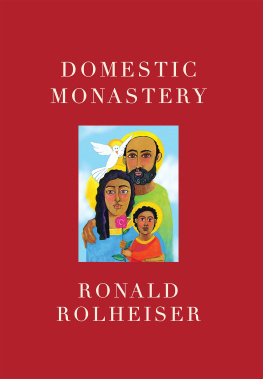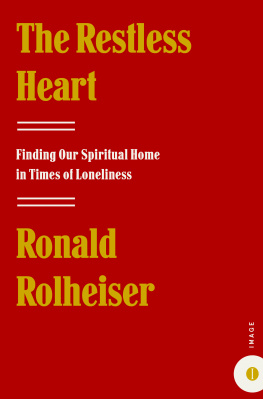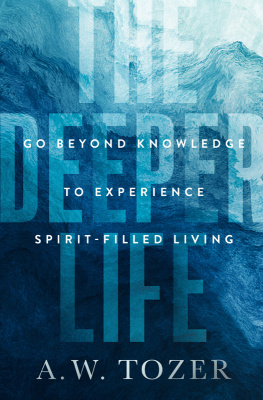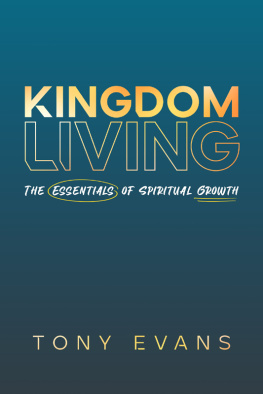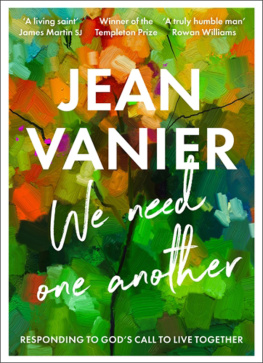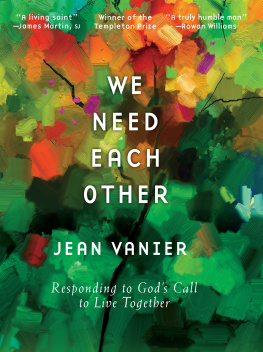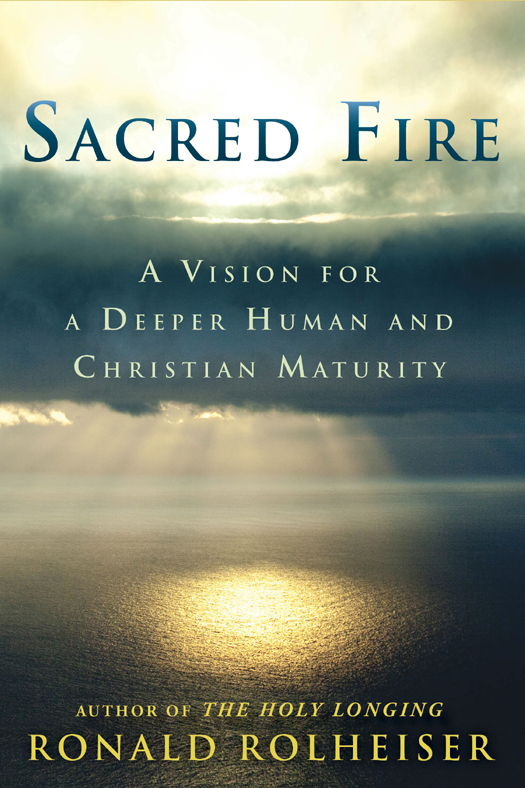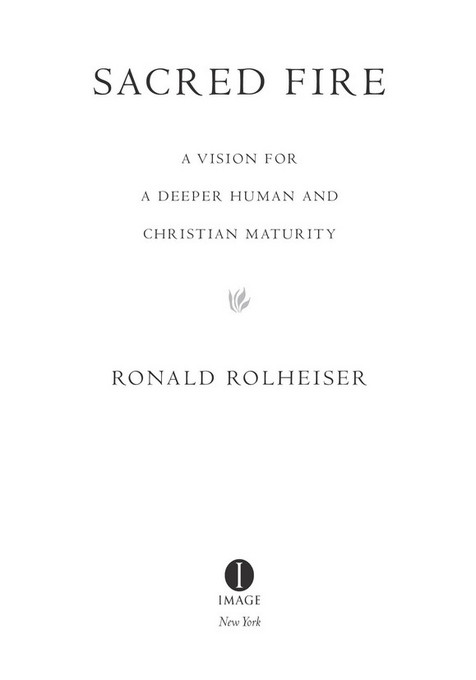Ronald Rolheiser - Sacred Fire: A Vision for a Deeper Human and Christian Maturity
Here you can read online Ronald Rolheiser - Sacred Fire: A Vision for a Deeper Human and Christian Maturity full text of the book (entire story) in english for free. Download pdf and epub, get meaning, cover and reviews about this ebook. year: 2014, publisher: The Crown Publishing Group, genre: Religion. Description of the work, (preface) as well as reviews are available. Best literature library LitArk.com created for fans of good reading and offers a wide selection of genres:
Romance novel
Science fiction
Adventure
Detective
Science
History
Home and family
Prose
Art
Politics
Computer
Non-fiction
Religion
Business
Children
Humor
Choose a favorite category and find really read worthwhile books. Enjoy immersion in the world of imagination, feel the emotions of the characters or learn something new for yourself, make an fascinating discovery.
- Book:Sacred Fire: A Vision for a Deeper Human and Christian Maturity
- Author:
- Publisher:The Crown Publishing Group
- Genre:
- Year:2014
- Rating:3 / 5
- Favourites:Add to favourites
- Your mark:
Sacred Fire: A Vision for a Deeper Human and Christian Maturity: summary, description and annotation
We offer to read an annotation, description, summary or preface (depends on what the author of the book "Sacred Fire: A Vision for a Deeper Human and Christian Maturity" wrote himself). If you haven't found the necessary information about the book — write in the comments, we will try to find it.
Beloved author Ronald Rolheiser continues his search for an accessible and penetrating Christian spirituality in this highly anticipated follow-up to the contemporary classic, The Holy Longing. With his trademark acuity, wit, and thoughtfulness, Rolheiser shows how identifying and embracing discipleship will lead to new heights of spiritual awareness and maturity. In this new book, Rolheiser takes us on a journey through the dark night of the senses and of the spirit. Here, we experience the full gamut of human life, pleasure and fervor, disillusionment and boredom. But, as Rolheiser explains, when we embrace the struggle and yearning to know God we can experience too a profound re-understanding to our daily lives.
What lies beyond the essentials, the basics? Rolheiser writes. Where do we go once some of the basic questions in our lives have been answered, or at least brought to enough peace that our focus can shift away from ourselves to others? Where do we go once the basic questions in our lives are no longer the restless questions of youthful insecurity and loneliness? Who am I? Who loves me? How will my life turn out? Where do we go once the basic question in life becomes: How can I give my life away more purely, and more meaningfully? How do I live beyond my own heartaches, headaches, and obsessions so as to help make other peoples lives more meaningful? The intent of this book is to try to address exactly those questions: How can we live less self- centered, more mature lives? What constitutes deep maturity and how do we reach that place? And, not unimportantly, what constitutes a more adult, Christian discipleship? What constitutes a truly mature following of Jesus?
As the poet Rainer Maria Rilke suggests, Live the questions now. In Sacred Fire, Rolheisers deeply affecting prose urges us on in pursuit of the most holy of all passionsa deep and lasting intimacy with God.
Ronald Rolheiser: author's other books
Who wrote Sacred Fire: A Vision for a Deeper Human and Christian Maturity? Find out the surname, the name of the author of the book and a list of all author's works by series.

